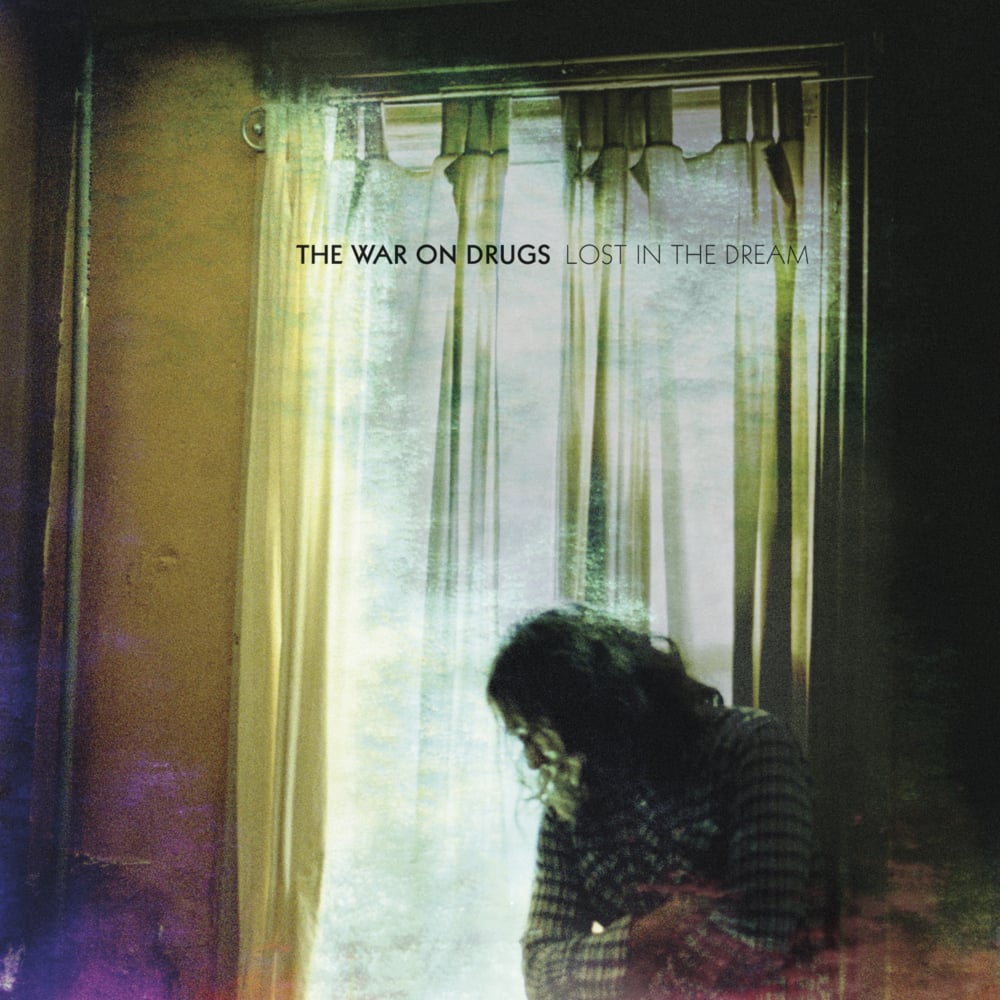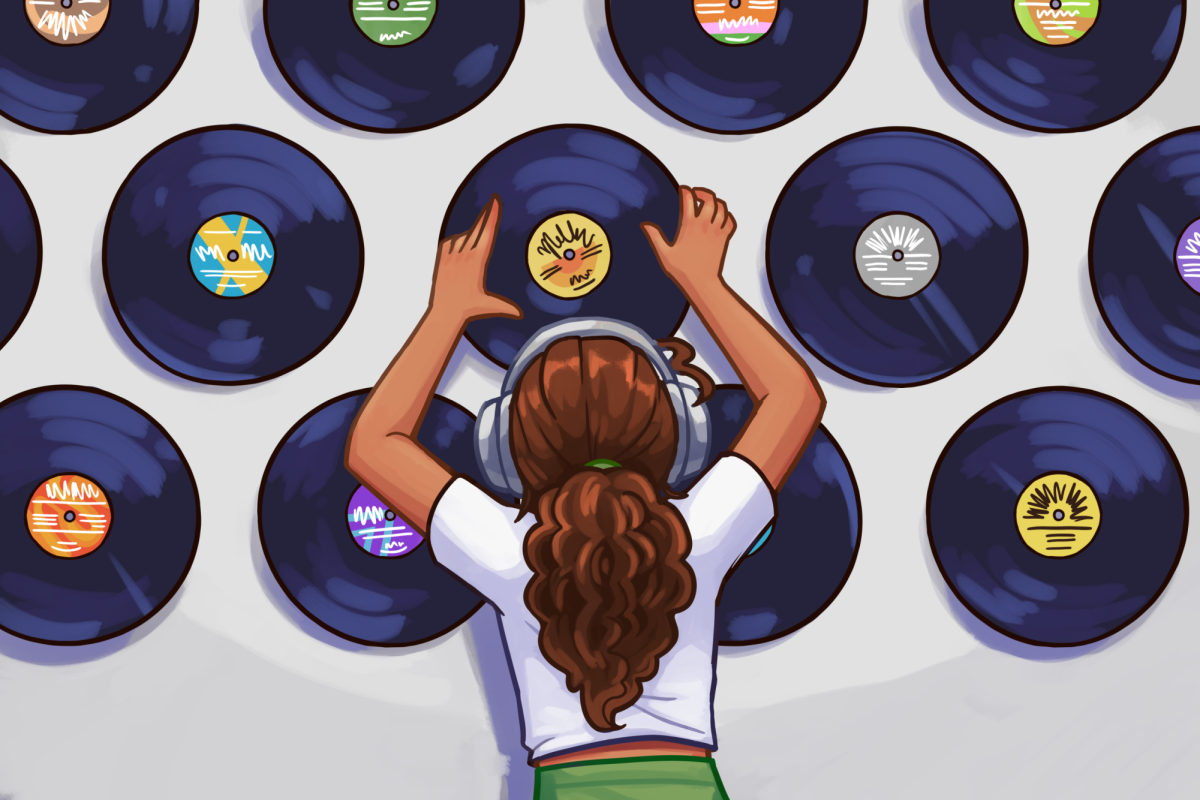Rating: 9.4/10
The War on Drugs’ fourth studio album “Lost in the Dream” is an unpredictably intoxicating journey through a dreamy heartland of rhythmic sentiment and sprawling lyrics. It’s a compellingly detailed narrative of lead singer Adam Granduciel’s life and the heartbreak that the album is derived from.
It’s unpredictably beautiful. In some moments it’s untroubled and filled with glaring keyboards and upbeat rhythms, but in others it’s regretful, ladened with dismal lyrics with wailing guitars and debilitatingly sad lyricism.
According to a feature from Grantland, the album was a product of an all-consuming recording process that spanned over a year. Granduciel obsessively tweaked, revised and reworked the album so much that he suffered from poor health, poor sleep and a loss of perspective.
Get The Daily Illini in your inbox!
Granduciel’s exhausting and mentally draining process is not lost in the album. “Lost in the Dream” captivates you with the somber swirls of the synths and the warmth of the piano before unleashing the weight of his pain with personal anecdotes and sentiments scattered among each song.
“Under the Pressure” is a guitar-driven display of sprawling instrumentation, pulsing backbeats, billowing keyboards and saxophone swells. The brilliance of the song is revealed leisurely — desperation seeping from the lyrics as the guitar echoes mournfully in the background, creating a cascading sound of melancholic uncertainty.
“When it all breaks down, and we’re runaways/ Standing in the wake of our pain/ And we stare straight into nothing/ But call it all the same,” Granduciel sings reflectively, and the hum of each note is dutifully filled with apprehension.
“Under the Pressure” is a sweeping beginning to “Lost in the Dream”; its expansive layers create a soaring sound that lays the groundwork for what is one of the best albums of the 2010s.
“Red Eyes” is the highest moment of the album. The simple but upbeat chords are liberating, drenched with glaring optimism that leaves the listener feeling euphoric.
It begins with rippling guitars and atmospheric keyboards similar to its previous song. But while “Under the Pressure” oozes with slow burning tension, “Red Eyes,” is significantly lighter; its beaming melody offers an escape from the desolation of the rest of the album.
“Suffering” is one of the slower songs of the album — a stark contrast from its preceding songs, moving leisurely along in a depressing and dreamy haze. Granduciel’s rugged vocals are bridled with a blurring sincerity that toes the line of pain and passion.
Simmering with elegance and the familiar sound of melancholic rock, it acts as a devastating comedown from “Red Eyes” and delicately relieves you of the tension from the previous track before brutally breaking your heart.
“Disappearing” is a desolate landscape of stark emotions, begging you to weave your way through and find any semblance of meaning. Lyrically, it doesn’t say much — only the first few minutes of the song are filled with Granduciel’s husky voice; the rest is overcome in a dramatic display of wordless emotion.
“Will you wait for the one that disappears?” he sings. It’s the last line before the song descends into a slow-burning guitar ballad.
The instrumentation is released in a crying jag of idyllic piano chords and howling slides of guitar, and the harmonica gently yearns as the piano delicately chimes in the background.
“Lost in the Dream” continues to be beautifully despairing and remarkably conscious even 10 years after its release. It basks you in the deepest pits of your emotions before wringing you out and leaving you to dry.
The highest moments of the album are composed of dazzling melodies and big hooks among unpolished spirals of guitar, while the lower moments are amplified by a delicate blend of sounds and texture that create an expansive and intricately detailed record.







